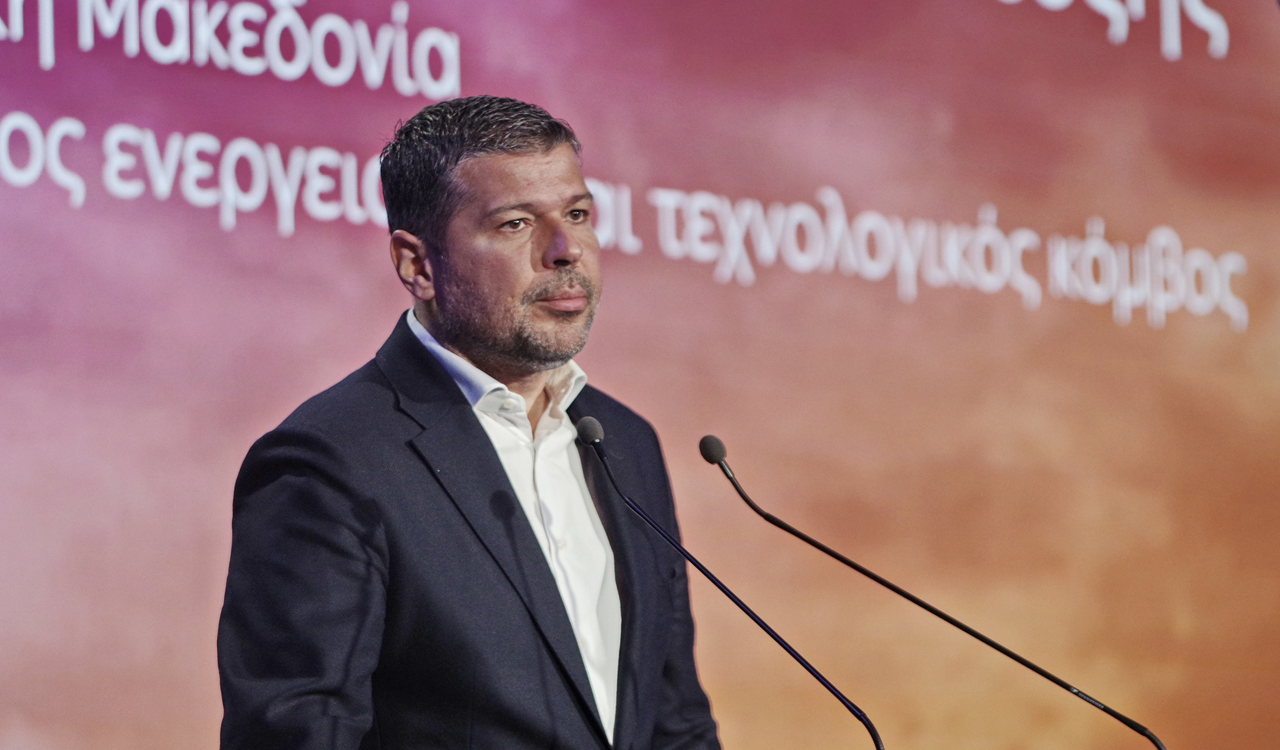While economic indicators such as investments, GDP growth, etc. show the Greek economy is on the path to a stable recovery, figures the Greek government often cites as proof its policies are effective, the average Greek citizen appears to be struggling to get by, a bleak reality Eurostat confirms in its latest report on the annual salary disparity between Greeks and other EU member states.
Today, it published a table showing the average adjusted annual full-time salary per employee across the 27 EU member states for 2023, with the average Greek salary, once again, ranking near the bottom, holding the third-lowest position, just ahead of Hungary.
According to Eurostat, the average adjusted annual salary in Greece stands at €17,000, with Hungary close behind at €16,900. The only country faring worse is Bulgaria, where the figure is €13,500.
The gap between the Greek salary and the rest of Europe is widening. The average annual full-time salary across the EU reached €37,900 in 2023, up from €35,600 in 2022, reflecting a 6.5% increase. In contrast, Greece saw a smaller 3.6% rise from 2022, when the average was €16,407. Despite this increase, the average Greek salary still remains under 45% of the EU average.
Countries with the Highest Salaries
A sense of discouragement sets in when comparing Greek wages to those in more developed countries. Eurostat reports that an employee in Luxembourg earns nearly the equivalent of five Greek workers, with an annual salary of €81,100. In Denmark, the average worker’s salary is equivalent to that of four Greek workers at €67,600 per year. Irish wages are 3.5 times higher than Greek ones, averaging €58,700 annually.
Breaking down Greece’s €17,000 average annual salary—accounting for bonuses and holiday pay—results in approximately €962 net per month when divided by 14. This amount is only slightly above what the Greek Prime Minister pledged the minimum wage would reach by the end of his term.
Monthly Living Costs
Given that €960 barely covers rent for a three-bedroom apartment and utility bills in Athens and only stretches to groceries and transportation with careful budgeting, it’s no surprise that Athenians are among the least satisfied with their wages in Europe.
According to Salary Explorer, a comfortable monthly income in Athens should range between €2,250 and €3,410, which is double to triple the average gross salary.
It’s important to note that the average adjusted annual full-time salary is different from the average net salary, which takes into account both full- and part-time work.
Source: tovima.com





































